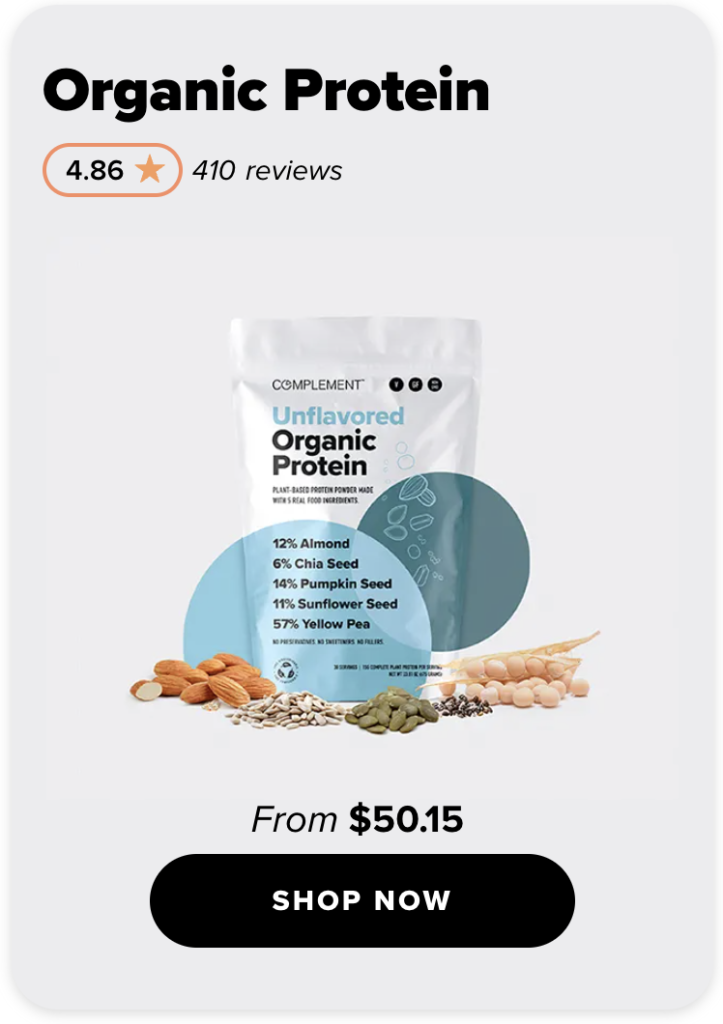Research has shown that a plant-based diet can lead to significant weight loss and improved health markers. In this article, we will explore the link between veganism and weight loss and discuss how switching to a vegan diet can help you shed pounds.
Weight Loss on a Vegan Diet
According to a meta-analysis of 12 studies, individuals on a vegan diet tend to have a lower body mass index (BMI) than non-vegans. One study, published in the Journal of General Internal Medicine, found that people who followed a vegan diet for 18 weeks lost an average of 4.3 pounds more than those who followed a non-vegetarian diet. Another study published in Nutrition found that a vegan diet led to a significant reduction in body weight, body fat, and waist circumference.
The reason for this weight loss is not entirely clear, but it may have to do with the fact that plant-based foods are typically lower in calories and fat than animal-based foods. Additionally, a vegan diet is often high in fiber, which can help with weight loss by keeping you feeling full for longer.
Health Benefits of a Vegan Diet
In addition to weight loss, a vegan diet can also lead to a number of other health benefits. For example, a vegan diet has been shown to lower the risk of heart disease, type 2 diabetes, and certain types of cancer.
One study published in the American Journal of Clinical Nutrition found that a vegan diet significantly lowered cholesterol levels and the risk of heart disease. Another study published in the Journal of the American Dietetic Association found that a vegan diet improved blood sugar control in individuals with type 2 diabetes.
A vegan diet may also be beneficial for cancer prevention. A study published in the Journal of the American College of Nutrition found that a vegan diet was associated with a lower risk of certain types of cancer, including colon, prostate, and breast cancer.
How to Make the Switch to a Vegan Diet
If you’re interested in trying a vegan diet for weight loss or health reasons, it’s important to do it in a way that is safe and sustainable. Here are a few tips to help you make the switch:
- Start by incorporating more plant-based foods into your diet. This can be as simple as adding a salad or a vegetable-based soup to your meals.
- Gradually reduce your intake of animal-based foods. Instead of cutting them out completely right away, try to have one or two meatless meals a week and then increase that number over time.
- Learn to cook with plant-based ingredients. There are many delicious vegan recipes out there, and learning to cook with them can make the transition to a vegan diet much easier.
- Find substitutes for animal-based products. There are many plant-based alternatives to animal-based products such as milk, cheese, and meat.
- Be mindful of nutrient deficiencies. Vegans are at risk of certain nutrient deficiencies, such as vitamin B12 and omega-3 fatty acids. It is important to make sure you are getting enough of these nutrients through fortified foods or supplements.
Conclusion
A vegan diet can be an effective way to lose weight and improve overall health. By incorporating more plant-based foods into your diet and gradually reducing your intake of animal-based products, you can make the switch to a vegan diet in a safe and sustainable way. However, it is important to be mindful of nutrient deficiencies and ensure that you are getting enough of essential nutrients.
It’s also important to consult with a healthcare professional or registered dietitian before making any major dietary changes, especially if you have a pre-existing medical condition.
Finally, a plant-based diet can be a great way to promote weight loss and improve overall health. It is important to make the switch in a safe and sustainable way, and to be mindful of nutrient deficiencies. If you’re considering a vegan diet for weight loss or health reasons, it’s important to consult with a healthcare professional or registered dietitian to make sure it’s the right choice for you.
References:
- Tonstad S, Stewart K, Oda K, Batech M, Herring RP, Fraser GE. Vegetarian diets and incidence of diabetes in the Adventist Health Study-2. Nutr Metab Cardiovasc Dis. 2013;23(4):292-299. doi:10.1016/j.numecd.2011.07.004
- Wang Y, Ouyang Y, Liu J, Zhu M, Zhao G, Bao W, Hu FB. Fruit and vegetable consumption and mortality from all causes, cardiovascular disease, and cancer: systematic review and dose-response meta-analysis of prospective cohort studies. BMJ. 2014;349:g4490. doi: 10.1136/bmj.g4490
- Orlich MJ, Singh PN, Sabaté J, et al. Vegetarian dietary patterns and mortality in Adventist Health Study 2. JAMA Intern Med. 2013;173(13):1230-1238. doi:10.1001/jamainternmed.2013.6473
- Le LT, Sabaté J. Beyond Meatless, the Health Effects of Vegan Diets: Findings from the Adventist Cohorts. Nutrients. 2014;6(6):2131-2147. doi:10.3390/nu6062131
- Crowe FL, Appleby PN, Travis RC, Key TJ. Risk of hospitalization or death from ischemic heart disease among British vegetarians and nonvegetarians: results from the EPIC-Oxford cohort. Am J Clin Nutr. 2013;97(3):597-603. doi:10.3945/ajcn.112.044073
- Huang T, Yang B, Zheng J, Li G, Wahlqvist ML, Li D. Cardiovascular disease mortality and cancer incidence in vegetarians: a meta-analysis and systematic review. Ann Nutr Metab. 2012;60(4):233-240. doi:10.1159/000337301
- Key TJ, Fraser GE, Thorogood M, Appleby PN, Beral V, Reeves G, Burr ML, Chang-Claude J, Frentzel-Beyme R, Kuzma JW, Mann J, McPherson K. Mortality in vegetarians and nonvegetarians: detailed findings from a collaborative analysis of 5 prospective studies. Am J Clin Nutr. 1999;70(3 Suppl):516S-524S.
- Some research for this article compiled with the assistance of ChatGPT/OpenAI
- Learn more about VeganWire here.







